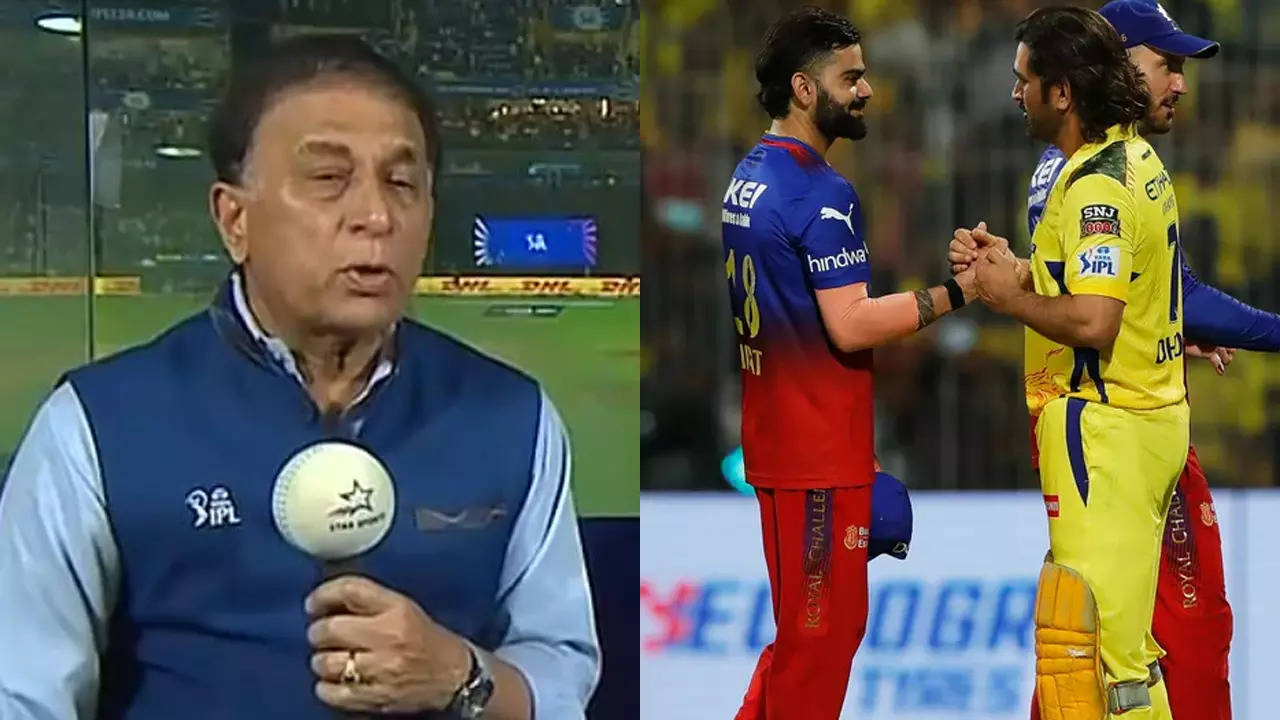‘The Kohli we see today is because of Dhoni’: Gavaskar

NEW DELHI: Virat Kohli‘s consistent performance across all formats of the game has set him apart from his peers. His ability to adapt to different playing conditions and his hunger for runs have made him a formidable opponent for any bowling attack.
However, there is always someone who nurtures young talent, and according to legendary Sunil Gavaskar, MS Dhoni played a significant role in shaping Kohli into a modern-day great.
“When Virat Kohli started his career it was a stop-start career. The fact that MS Dhoni gave him that little extra momentum is why he is the Kohli we see today,” Gavaskar said on Star Sports.
Both Gavaskar and Kohli were involved in a war of words when the former batter criticized him for his slow strike-rate in the IPL.
“If you have a strike rate of 118, you come and face the first ball, and then you get out in the 14th or 15th over and your strike rate is 118 – if you want applause for that, then that’s a little bit different,” Gavaskar had said.
Kohli also hit back at the criticism saying: “Not really, all the people who talk about strike-rates and me not playing spin well are the ones talking about this stuff. For me, it’s about winning the games for the team and there’s a reason why you’ve done it for 15 years, you’ve done this day in and day out, you’ve won games for your teams, I’m not quite sure that if you haven’t been in that situation yourself, to sit and talk about the game in the box. For me, people can talk about their assumptions day in and day out, but those who have done day in and day out, they know what’s happening and it’s a kind of muscle memory for me now”.
Gavaskar believed that such comments were a direct insult to the knowledge of former cricketers who are working as experts.
“All these guys talk about, ‘oh we don’t care about outside noise’. Accha! Then why are you replying to any outside noise or whatever it is. We all played a bit of cricket, not a lot of cricket. We don’t have agendas. We speak about what we see. We don’t necessarily have any likes and dislikes. Even if we have likes and dislikes, we actually speak on what is happening,” Gavaskar said.
